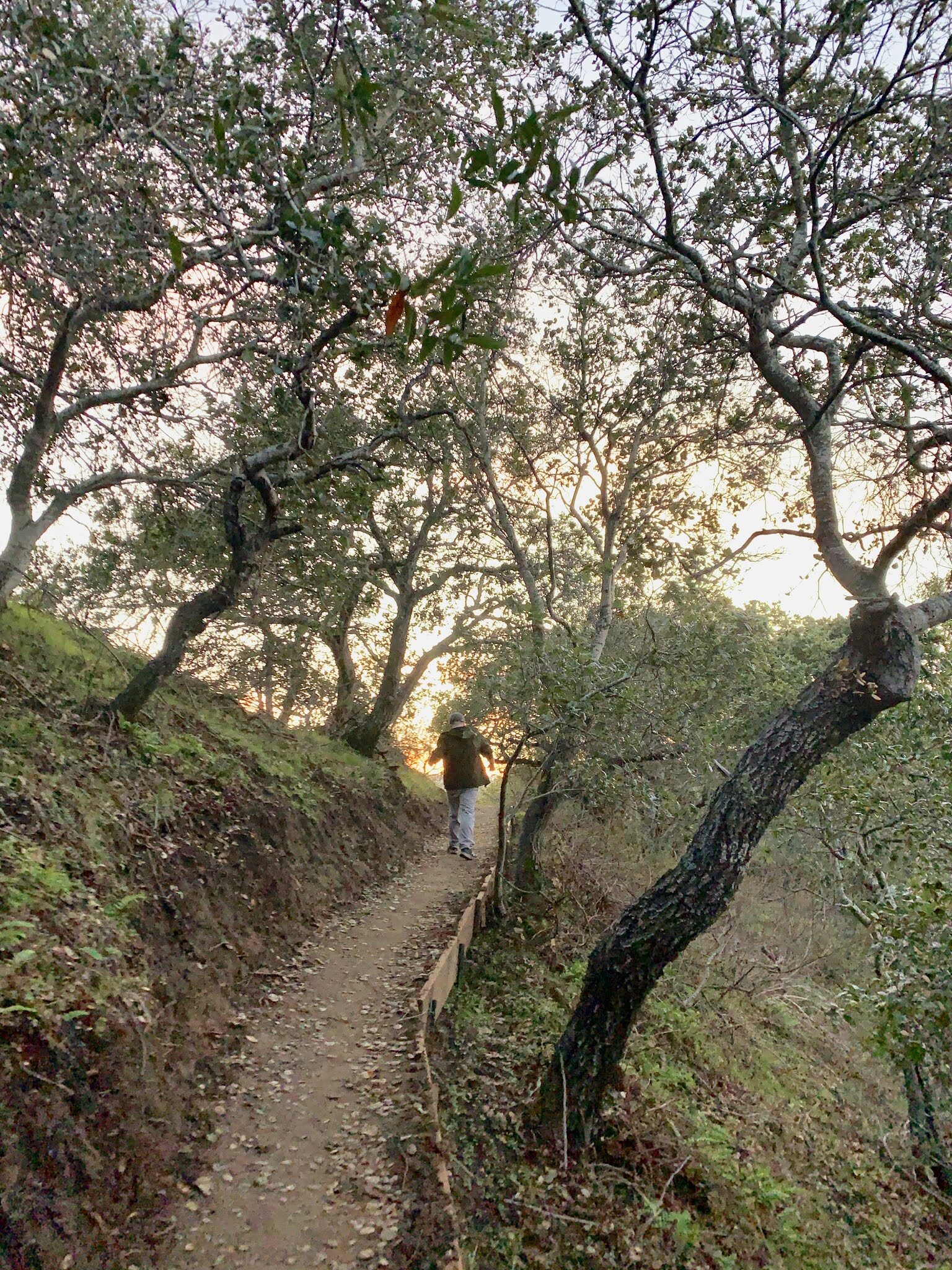Photo © Shannon Des Roches Rosa [image: Photo of a teen wearing a jacket and baseball cap, seen from behind, far ahead on an oaken hillside trail.] Shannon Des Roches Rosa @shannonrosa When I was in physical therapy to rehabilitate a busted knee, the kind, competent therapists tended to make small talk—which invariably meant fielding tentative, well-meaning questions about my autistic son. That gave me the opportunity to model the way I’d like other people to talk and think about him. Here’s how those conversations usually go: PT: “Autism. Um. That must be hard.” Me: “Well, my son is a very awesome person. And he’s actually more easygoing than his siblings. He’s like a lot of autistic people—it’s hard for him to be in places that aren’t autism-friendly, and it can be hard for him to communicate. But he’s a wonderful person.” PT: “That’s really interesting.” (Processes what I’ve said,…
Month: January 2020
On being angry and frustrated at the celebration at children’s “recovery” from autism, by people who will not actually bear the consequences of losing that diagnosis, for the rest of their lives.

